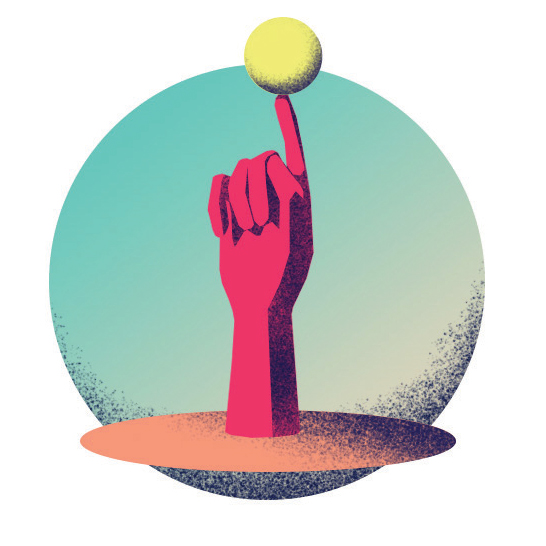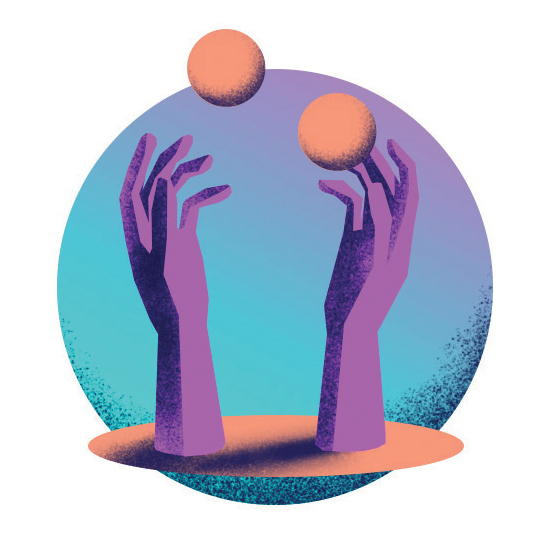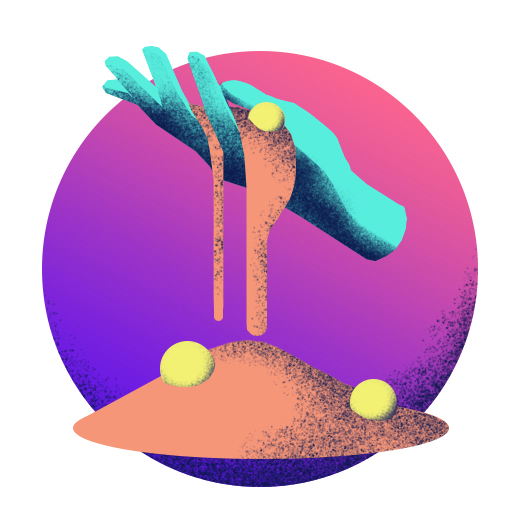
Courage, Revisited
Some years ago, I was facing a situation of immense difficulty in my practice. For weeks, great pain and anguish permeated my experience. At the very lowest time, in a moment of hopeless despair, when any effort at all seemed impossible, the word “courage” suddenly appeared in my mind. It kept repeating, almost like a mantra, and each time the word sounded in my mind I could literally feel my heart grow stronger. With some magic of its own, it unhooked that last deep place of aversion and fear about what was happening that was keeping me separate from the experience. It brought forth the courage of simply being. What had been intolerable a moment before became completely acceptable. Courage is not about changing anything or grasping for some better state. It’s the valor of truly being present.
From One Dharma: The Emerging Western Buddhism, by Joseph Goldstein © 2002. Reprinted with permission of HarperCollins Publishers, Inc. (harpercollins.com). Joseph Goldstein is a cofounder and a guiding teacher of the Insight Meditation Society in Barre, Massachusetts, and helped establish the Barre Center for Buddhist Studies.
Just This Moment

My whole life, I’ve been a person with lots of energy. Over the past years, however, because of age and conditions known and unknown to me, that energy has diminished. And along with it, that person with a lot of energy, that “can do” identity, has diminished. No longer can I be that person. And not only has that energy diminished, but also I find when I don’t pay attention to the here and now—open, listen, receive, take skillful action—the other conditions get triggered. So how do I meet this? One way is to say, “It’s over. I just can’t do any of this anymore. Game over.” But is the game over, or have the rules just changed? And if the rules have changed, how do I learn these new rules so that I can stay awake in the game?
At any age, when the rules of “our” game change, we can come close to just giving up, and how sad is that when all we have to do is wake up to our life, right now? Another way might be to find new strategies to assure energy. This could serve to maintain a lively identity. But this doesn’t necessarily work. One day, sleeping, eating, exercising in a certain way I may feel abundant energy; another day, with the same regime, my energy plummets. So what do I have to depend on? Nothing but right here, right now. And what’s the best course of action to take given the conditions right here and right now? At our Zen center, we often chant the words: “Just this moment; compassion’s way.” Just this moment, including perhaps terror, but also potentially liberation. For in truth, “just this moment” is the only moment and being open to it is the only true choice we ever really have.
From Deep Hope: Zen Guidance for Staying Steadfast When the World Seems Hopeless, by Diane Eshin Rizzetto © 2019. Reprinted with permission of Shambhala Publications (shambhala.com). Diane Eshin Rizzetto is the abbess and guiding teacher of the Bay Zen Center in Oakland, California.
The Joy of Dharma

. . .
Being born with me and being fed my entire life,
even my body cannot be taken away with me.
Therefore relatives and possessions, as many as there are bright stars in the sky,
will certainly be left behind as well when I leave by myself.
The exalted, magnificent, and well-adorned houses
are unstable and will finally fall apart, leaving only remains.
If we carefully ponder this phenomenon
our desire for pleasant objects will easily quench.
People of my father’s and forefathers’ generations
have continuously striven their entire lives, but all failed.
Had I exerted myself like them, I would also have no success.
Therefore isn’t it joyful to use this life to
practice the profound sublime Dharma?
. . .
From the poem “The Song Showing Weariness of This Life: The Melodious Cuckoo Singing,” in Always Remembering: Heartfelt Advice for Your Entire Life, by Jigme Phuntsok, translated by Khenpo Sodargye © 2019. Reprinted with permission of Wisdom Publications (wisdompubs.org). Jigme Phuntsok (1933–2004) was a prominent Tibetan Buddhist teacher in the Nyingma school. In 1980, he founded Larung Gar, the largest Buddhist academy in the world, in eastern Tibet in order to revive traditional Tibetan Buddhist education after the end of the Cultural Revolution.